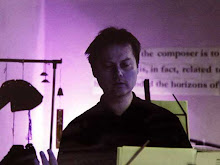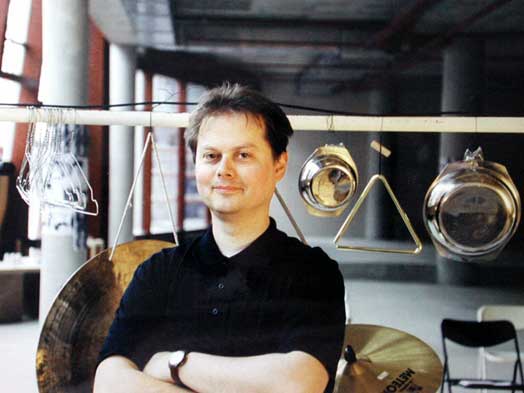I pray that death may stroke me
In the middle of a large meal
I wish to be buried under the table cloth
Between four large dishes
And I desire that this short inscription
Should be found on my tombstone:
"HERE LIES THE FIRST POET
EVER TO DIE OF INDIGESTION"
- Marc-Antoine-Madeleine Désaugiers (November 17, 1772 – August 9, 1827)
Many poets suffer the fate of some of the poètes maudits - malnutrition. The author of "Maldoror", Léautremont, for instance, is said to have been so ignored, that he died of hunger.
Somehow, though, I don't think it was Désaugiers' wish to be sated for a change that, in the poem above, drove him to desire a stomach filled to bursting. He seems to have been quite successful in his day, irrespective of fact that the modern lexicographers have largely struck him from the annals of French cultural history.
He has become a part of the cuisine of specialists.
Perhaps the above excerpt is a pastiche from one of his librettos or plays, and thus simply in keeping with a character role?
I stumbled across the poem in a whimsical book on funeral customs and funeral recipes ("Death Warmed Over - Funeral Food, Rituals and Customs from Around the World" by Lisa Rogak, p. 1, Ten Speed Press, Berkeley and Toronto, 2004), otherwise I most likely would also have never heard of this will-o'-the-wisp of French letters.
Désaugiers was a french poet, composer, playwright, song-writer as well as being a member and one-time president (1811-1813) of the Parisian "Caveau moderne" chanson society (which existed from 1806-1817). He wrote the famous song "Paris à cinq heures du matin", which is still part of the canon of French chanson.
Links
M.-A.M. Désaugiers - biographical sketch
Paris à cinq heures du matin - lyrics
Paris à cinq heures du matin - available recording
Here's a piece of trivia I picked up on the www.musikmph.de/musical_scores website:
Franz Schubert (b. Vienna, 31 January 1797; d. Vienna, 19 November 1828) composed "Die Zwillingsbrüder", a Singspiel in one act, between 1818-19. The libretto was written by Georg Ernst von Hofmann, and was based on a farce entitled "Les deux Valentins" by the little-known French playwright Marc-Antoine-Madeleine Désaugiers.




